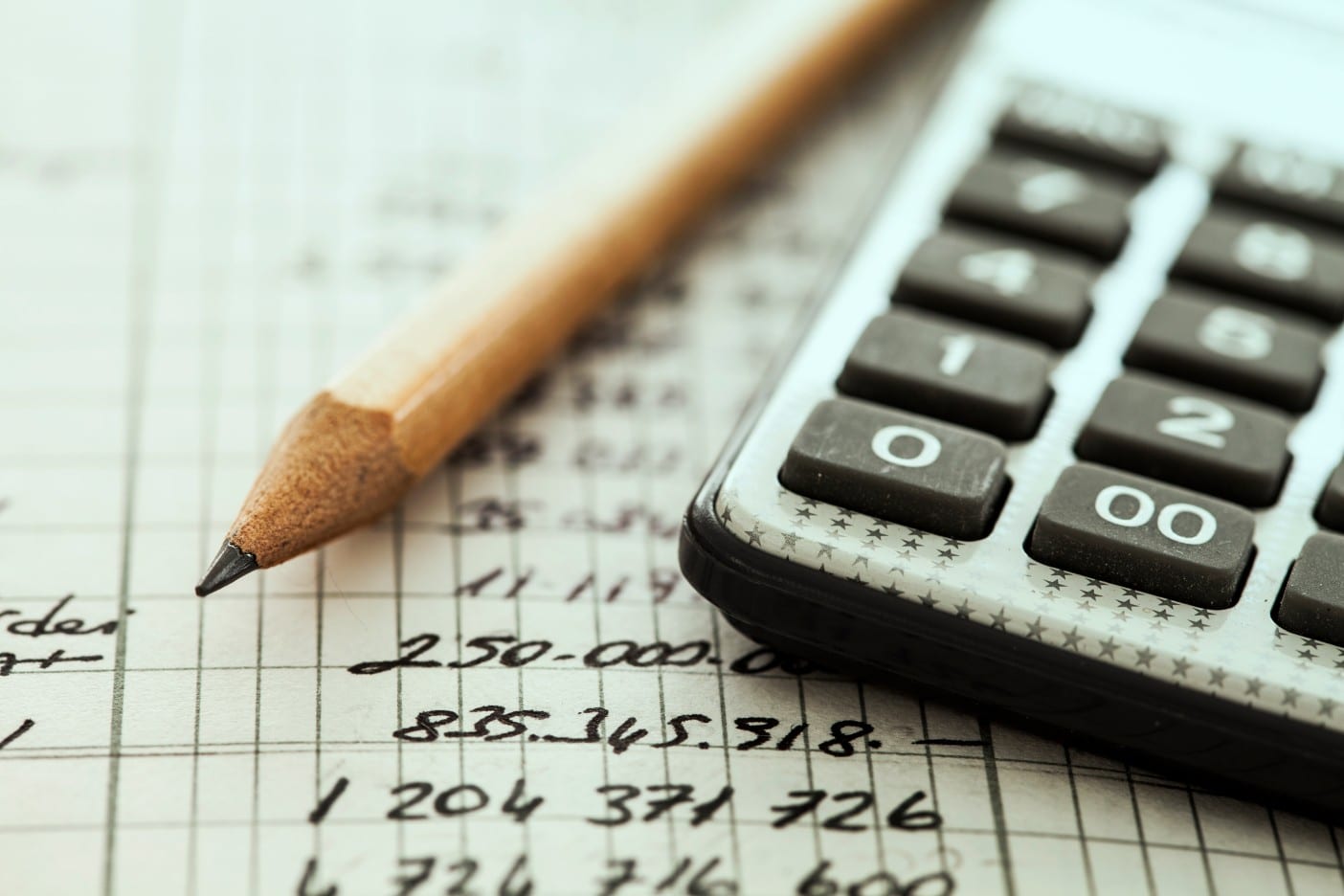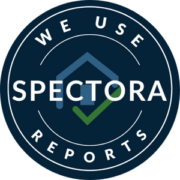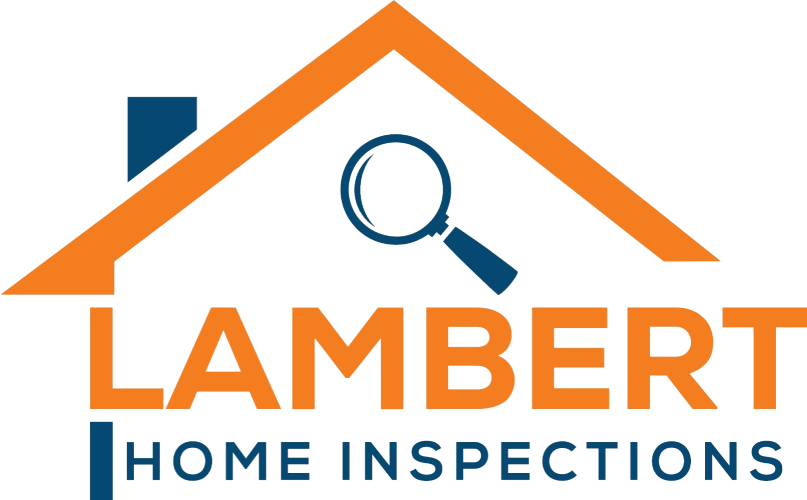Tax Breaks for Virginia Homeowners
5 Deductions You Should Know About
5 Deductions You Should Know About
Homeowners have access to certain tax deductions that don’t apply for renters — and these tax breaks can add up to quite a sum. Homeownership used to be called “the American dream”, but recent statistics show the old notion of a white picket fence and a tree swing may not be the reality anymore for many Americans. The U.S. homeownership rate in 2016 hit its lowest level since 1965.
There are a host of reasons for that, including the fact that potential buyers feel they can’t afford real estate in many markets. But when you add up the costs and benefits of homeownership, it’s important to remember that owning a property can unlock some of the biggest potential tax breaks most families have access to.
Whether you’re gearing up to file your taxes this year, researching what’s ahead for next year or simply contemplating the benefits to buying a house in the future, there’s a lot to consider. Here are five valuable deductions that you may be able to claim if you’re a homeowner.

A major benefit of homeownership is that you can deduct your mortgage interest on your taxes. The interest paid on a home loan is typically the largest potential deduction for middle-class Americans, said Greene-Lewis. For instance, a 30-year mortgage on a $300,000 loan at current rates will run you more than $12,000 in interest payments your first year. If you also happen to own a second home, you can also deduct the mortgage interest on that; as long as it isn’t a rental property.
If you’re a first-time home buyer in Virginia you may be eligible for a new program from The Virginia Housing Development Authority (VHDA). It’s called the Mortgage Credit Certificate program and it gives eligible buyers a tax break for 20% of their mortgage interest. The other 80% is still eligible for a tax deduction. The program stays in effect for the entire life of the mortgage unless the buyers no longer live at the property. If the residence is sold in the first nine years of homeownership, a federal recapture tax may be mandated.
In order to be eligible, you must:
You can apply for an MCC through an approved participating lender on the VHDA list, found here.

Most homeowners know they can deduct the interest they pay on their mortgages from their federal income taxes, but they may not be aware that because points are basically prepaid interest; they can also be deducted. A point is typically 1% of your loan amount so, on that $500,000 home, you would get a $5,000 tax break for paying down one point. Points are deductible in the year you paid them.
Points on refinance loans and home equity loans are also deductible but must be spread over the life of the loan instead of all in one year’s return, so those are less lucrative but can still ad up.
The rules for the mortgage interest deduction have changed recently thanks to tax reform. The deduction is now capped at mortgage amounts of $750,000, though if you have an existing mortgage that’s larger than that, you’ll still be allowed to deduct the interest.

If you use part of your home for business, you may be able to score the home office deduction. Working from home is another increasingly popular way homeowners are maximizing their space. If you work exclusively from home, you may be able to deduct costs for the space on your itemized tax return.
However, the requirements for the home office deduction change for 2018 filings. For 2018 taxes, deductions are limited to self-employed workers. Regardless of the year you’re filing, your home office can’t be in a guest bedroom or other space used for a dual purpose, and it must be used regularly.
But strict requirements shouldn’t deter you from filing for a home office deduction if you do, in fact, use your home office within the guidelines.

If you made efforts to improve the energy efficiency of your home by installing equipment like storm doors, energy efficient windows, insulation, air-conditioning and heating systems, you may qualify for a tax credit.
A tax credit is even better than a deduction, because they are dollar-for-dollar savings instead of simply saving you whatever tax you paid based on your income bracket. For instance, if you’re in the 28% tax bracket, then a $1,000 deduction lowers your tax bill only $280, while a credit lowers your tax bill by $1,000 regardless of your effective tax rate.
If you’ve installed equipment that uses renewable sources of energy, such as the sun and wind, to help power your home, you may be eligible for the Renewable Energy Efficiency Property Credit.

State taxes levied on your primary residence is deductible, too, and can add up in a hurry depending on where you live. For instance, the Tax Foundation
found, in 2015, that Virginia residents typically pay 0.78% in property taxes, which is about $3,900 on a $500,000 home. Deducting this big local tax bill can save you a lot on your federal return.
Real estate property tax can be exempt for:
Buying a home might be the biggest investment you ever make. Taking advantage of these tax benefits could save a great deal of money. Due to the various restrictions and conditions regarding these tax benefits, it is important to consult with a professional to fully understand the benefits and opportunities of tax benefits to those who own homes. Want more info? See the IRS Tax Information for Homeowners Guide
Sources:
https://www.nolo.com/legal-encyclopedia/homeowner-tax-deductions-29693.html
https://www.fool.com/taxes/2018/01/18/3-tax-breaks-for-homeowners.aspx
9087 Cottage Loop
Bristow, VA. 20136
(703) 468-8522
Office@LambertHomeInspections.com


 Bristow Real Estate Update
Bristow Real Estate Update